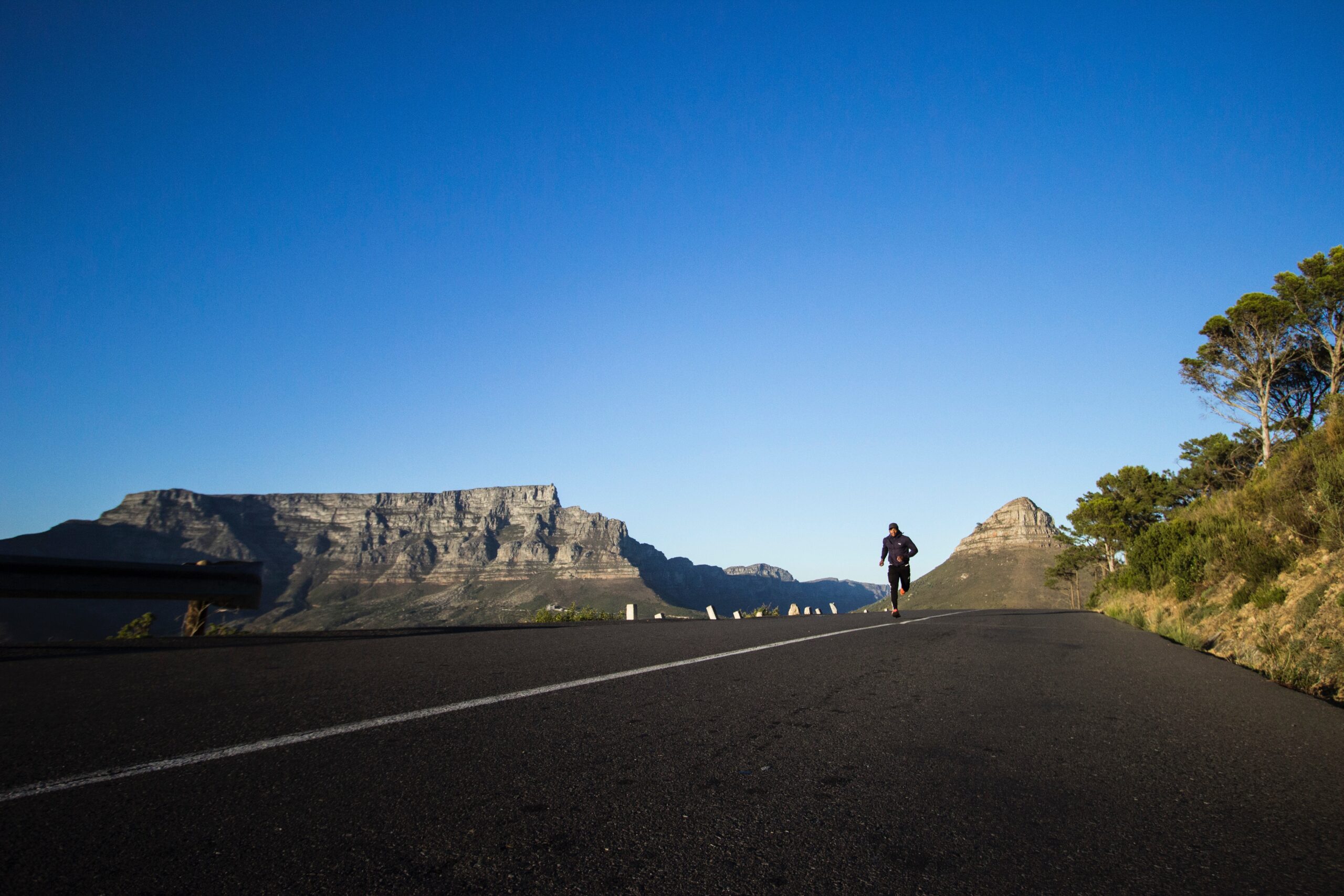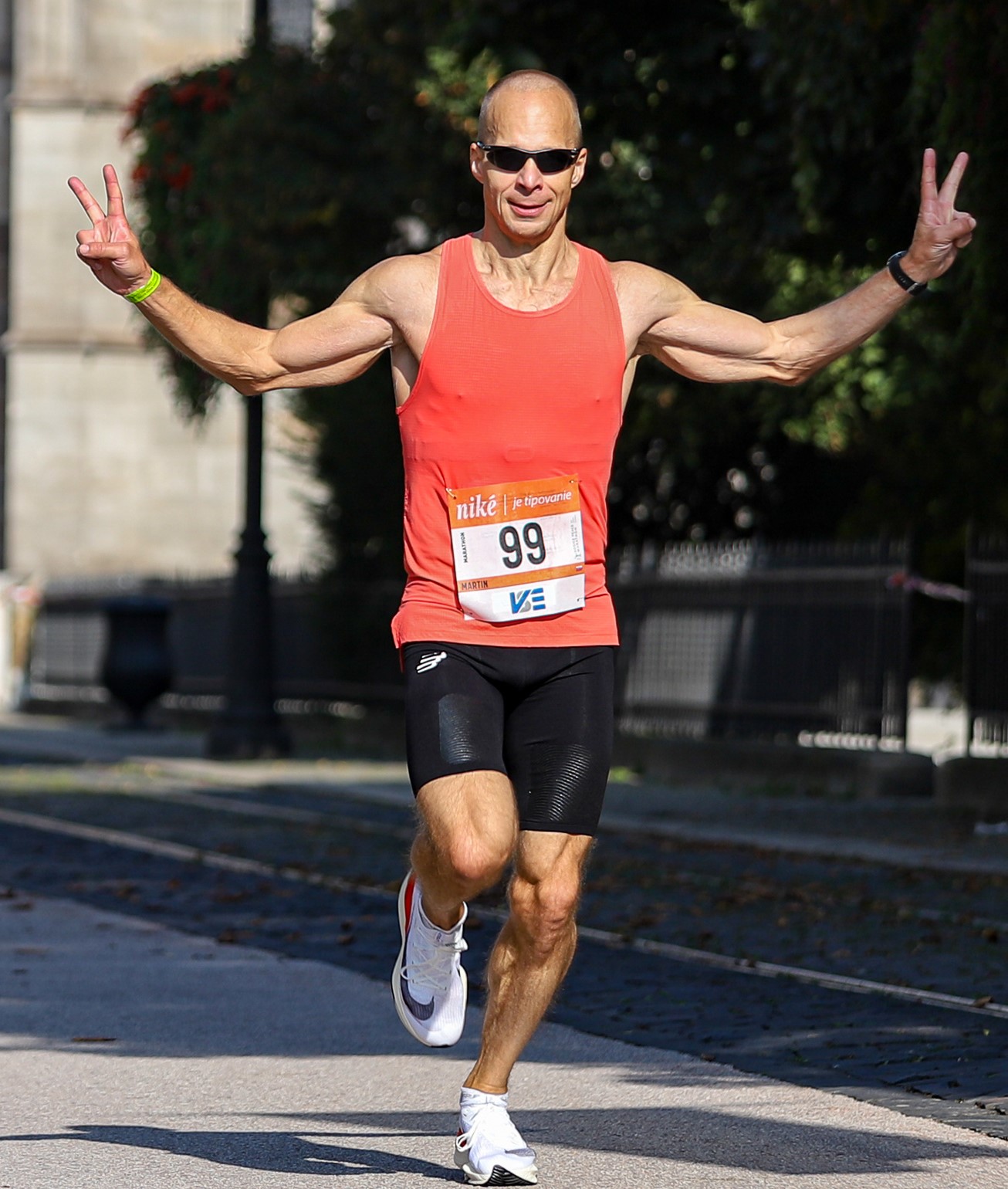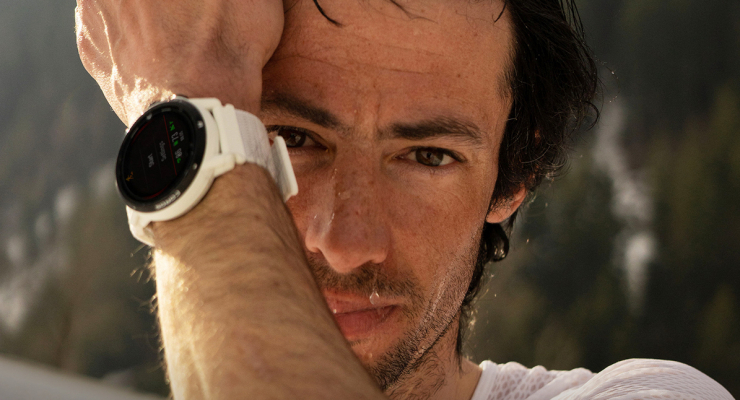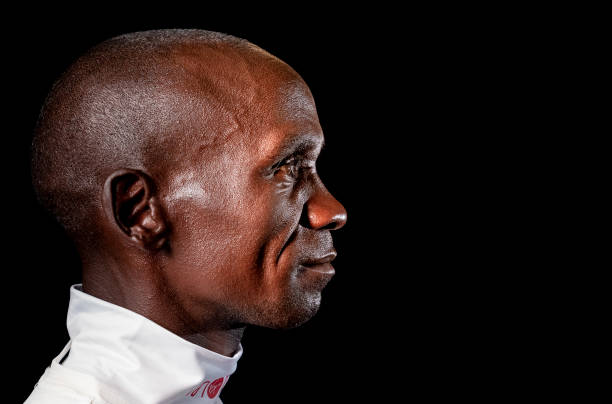článkov o tom ako narábať s myšlienkami počas naozaj ťažkých tréningov, ale aj pretekov, som čítal mnoho, často sa opakovali alebo kĺzali po povrchu. ono ani nejaký že svätý grál k tomu neexistuje, niekedy nefunuje nič a hlavu nemám šancu presvedčiť, inokedy mám flow a mám stavy že snáď môžem bežať bez námahy celé ďaľšie hodiny… nuž, od behu k behu, od jedného prítomného okamihu k druhému… ale ak som v stave že by nejaké zameranie mysle mohlo byť nápomocné, tak tu je krátky výber toho, čo ma najviac zaujalo…
Running is almost as mental as it is physical. No matter how innately gifted you are or how hard you train, it’s rarely your legs, lungs, or heart that holds you back in this sport; rather it’s your mind, hardwired as it is to shield you from pain, injury, and overexertion.
Strategy 1) Center Yourself
Olympic steeplechaser Colleen Quigley calls meditation her “secret weapon.” As she explains it, the idea is to recognize thoughts and feelings are they arise, name them, and let them go. “This is a continual process to try to let go of the past and future, and stay in the present,” she says.
It didn’t take long for Quigley to realize that ten meditative minutes every morning, as was her routine, wouldn’t go very far unless she actively translated those principles to other parts of her life — like running. Now, when she’s in the middle of a workout and starts worrying about future reps, she returns to that meditative state of mind. “I try to just recognize that thought or feeling as it pops up,” Quigley says, whether it’s related to tired legs, labored breathing, or doubts about maintaining her pace. Then she lets it go and roots herself in the present — and continues that process until the workout is complete.
Strategy 2) Set the Stage for Flow
The importance of mental training has not been lost on Calum Neff, a 3-time Guinness World Record holder (for fastest 10K, half marathon, and marathon run with a stroller) and the Canadian record holder in the 50K. “When you boil down all the mental tips and tricks, it really comes down to finding the flow state, where the magic truly happens,” Neff says. A concept identified by psychologist Mihaly Csikszentmihalyi, Neff describes flow as an “almost out-of-body experience” in which things come easily and vivid memories are formed, but the event seems to pass in an instant. The tricky part of the equation is that flow state can’t be forced.
Flow can, however, be encouraged by setting up favorable conditions. Neff believes two mentalities help him set the stage for it: positivity and presence (or mindfulness). To stay positive, he likes self-talk and mantras — which should be personally meaningful, and which can be even more powerful when linked to an emotional attachment (“the why”). Staying in the present moment requires an immersion in the process. In the context of running, Neff says can be boiled down to “left foot, right foot.” That’s exactly what looped through his head in the final miles of his record-setting 50K. “Nothing mattered except making every step the best step I could,” he says — not future projections, not thoughts of “what if,” and not undue focus on his suffering. Neff’s 2:51:27 record is the product of over 30 years of running, much of it spent tinkering with his mindset







